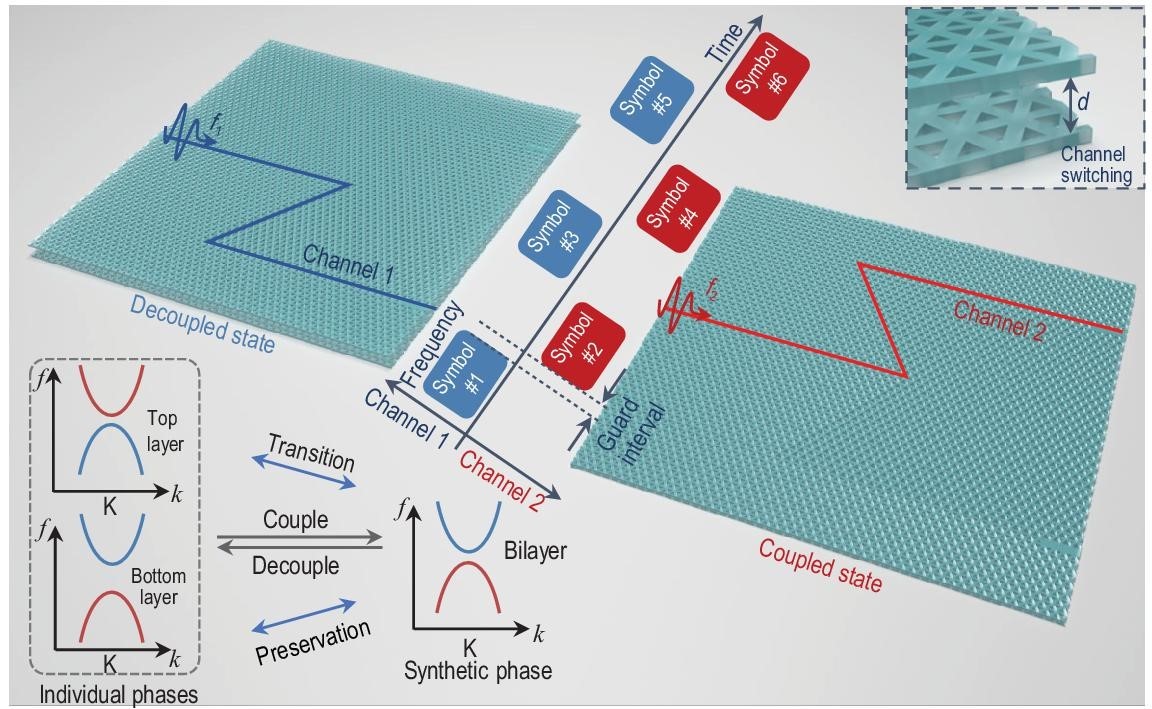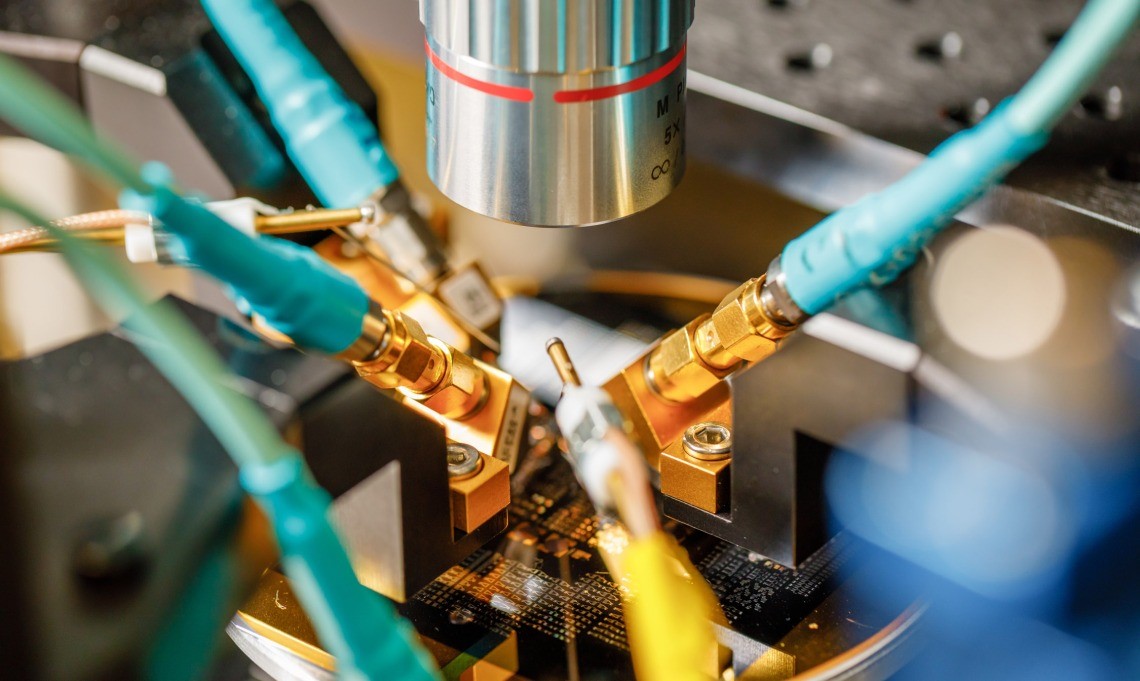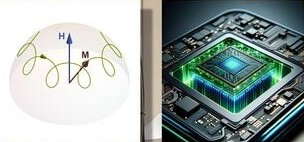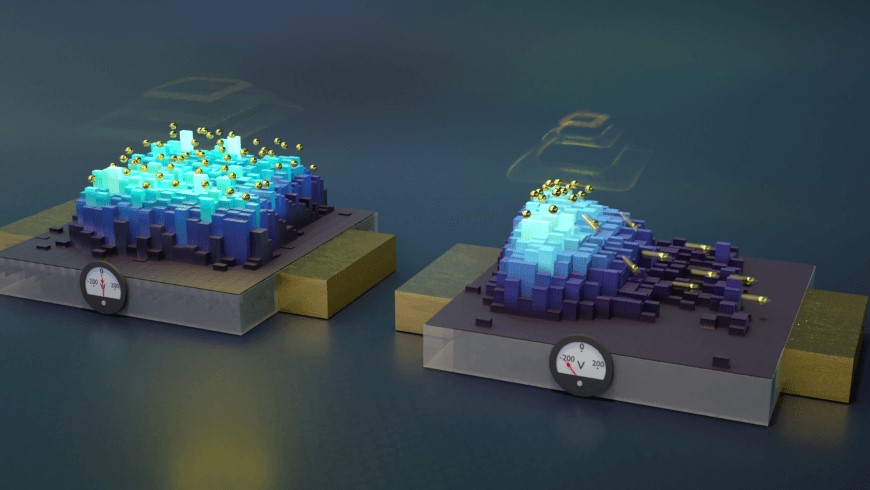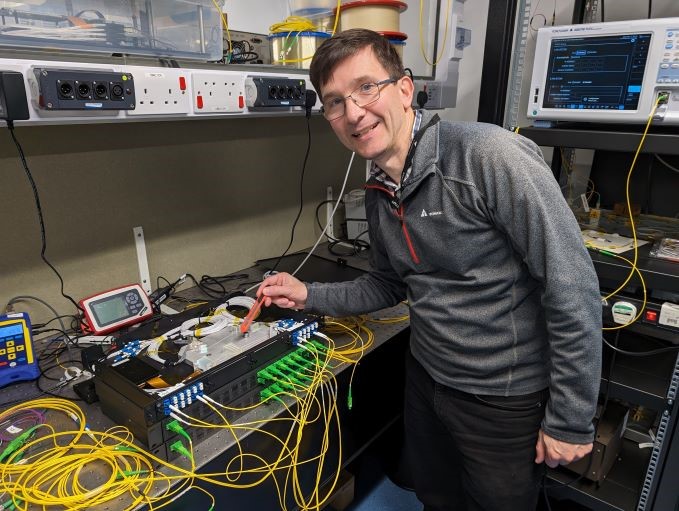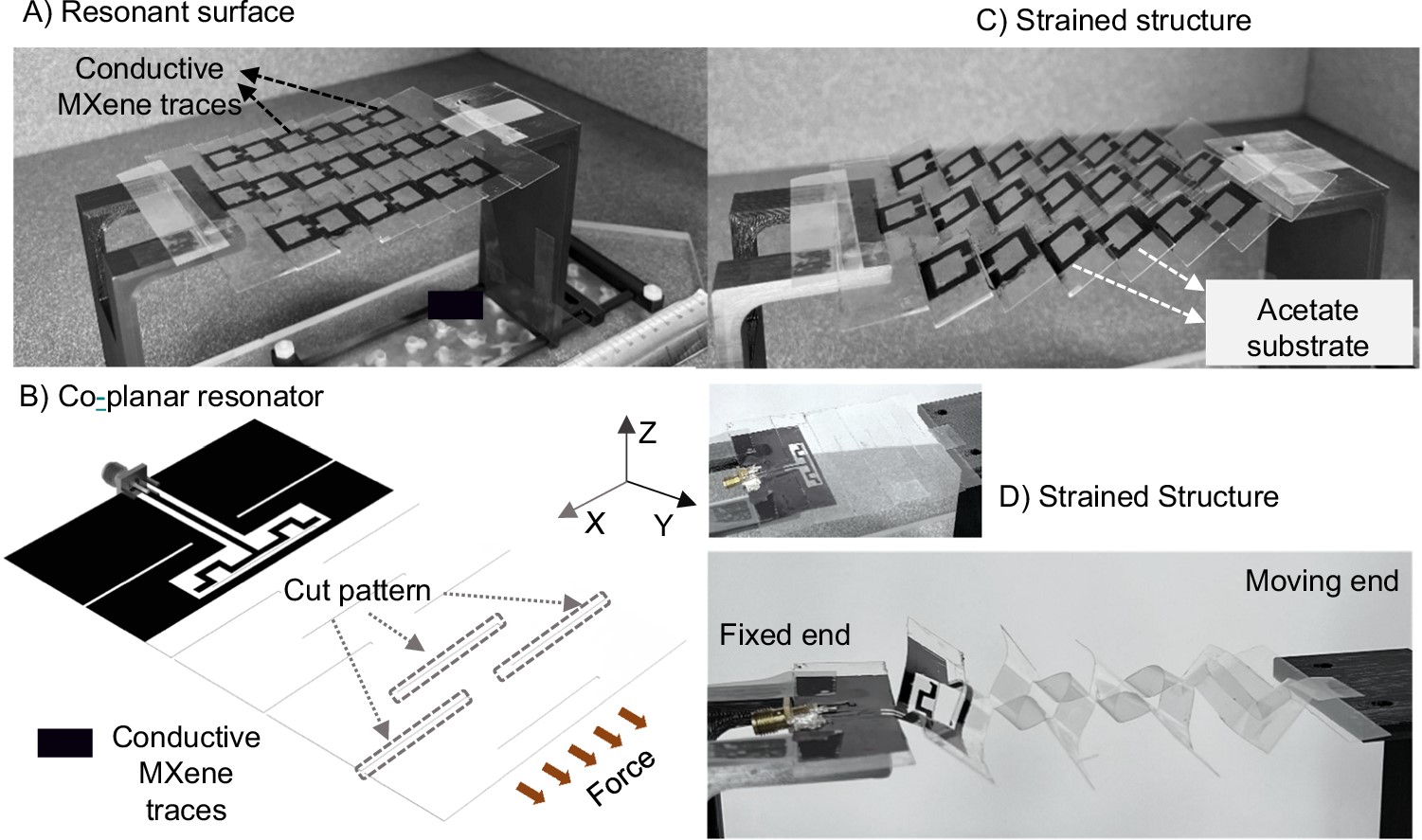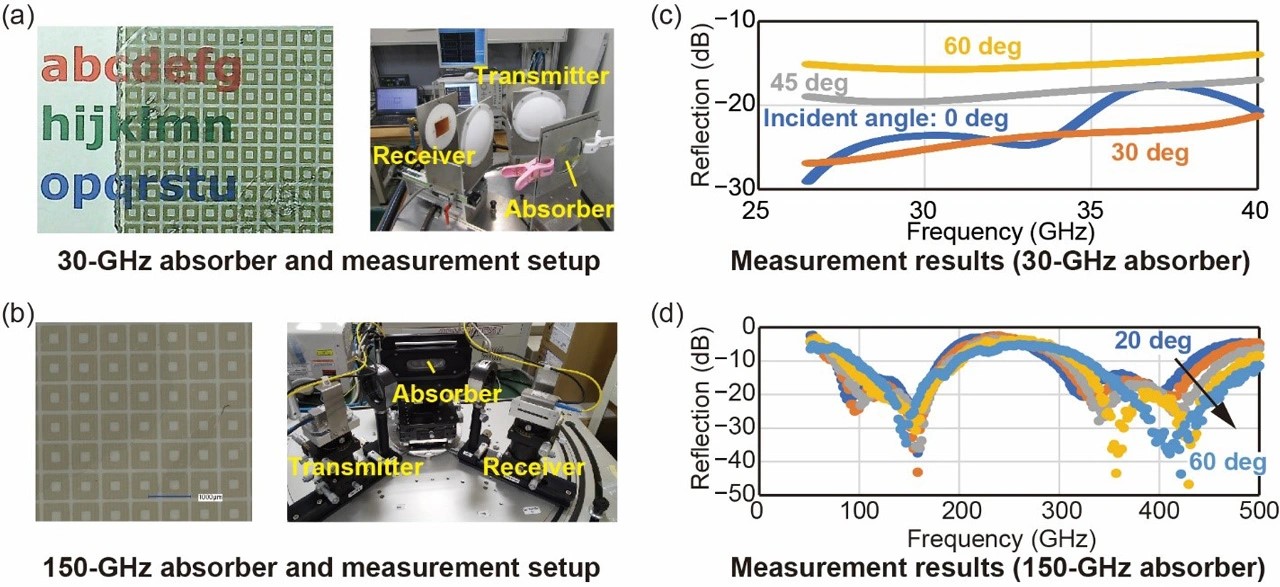Rice University Engineers Pioneer Innovative Testing Framework for Next-Gen 5G Networks
In a bid to revolutionize the future of global wireless networks, engineers at Rice University are spearheading the development of a cutting-edge testing framework. This framework aims to assess the stability, interoperability, energy efficiency, and communication performance of software-based machine learning-enabled 5G radio access networks (RANs).

Figure 1. 5G Network.
Figure 1 is an illustration of 5G network. As 5G networks move towards more software-centric architectures, there's a crucial need for advanced testing methods ensuring robust real-time performance. With a $1.9 million grant from the U.S. Department of Commerce’s National Telecommunications and Information Administration (NTIA), the project focuses on both communication and computing dimensions. This addresses challenges posed by the inherent indeterministic behavior of such environments.
Rahman Doost-Mohammady, the project’s principal investigator, emphasizes the need for a more holistic testing approach. He introduces "ETHOS," an innovative testing framework that not only evaluates communication performance but also considers the impact of computing environments and the intricacies of machine learning on RAN software.
The NTIA's announcement of nearly $80 million in grants underscores the importance of supporting open and interoperable wireless networks. This funding aims to drive competition, strengthen global supply chain resilience, and lower costs for consumers and network operators.
The researchers at Rice University plan to conduct extensive testing on the efficacy of the ETHOS framework. They will implement and deploy novel machine learning algorithms for 5G RAN on the NVIDIA-supported Aerial Research Cloud (ARC) platform. This platform serves as a fully programmable 5G network research sandbox designed to rapidly benchmark solutions through over-the-air networks.
Collaborating with NVIDIA, a global leader in visual and accelerated computing, the research team will seek feedback from industry contacts for fine-tuning the framework. The goal is to expand collaborations as the project progresses.
Ashutosh Sabharwal, co-principal investigator of the project, highlights the far-reaching impacts. The project has the potential to revolutionize software-based and machine learning-enabled wireless product testing, making it more comprehensive and responsive to the complexities of real-world network environments.
With expertise in the latest wireless technologies, the Rice Wireless team is well-positioned to contribute significantly to the successful deployment of 5G and beyond wireless networks. As they pioneer this innovative testing framework, their research aims to provide the industry with advanced tools for evaluating and ensuring the stability, energy efficiency, and throughput of their products.
Source:Rice University
Cite this article:
Hana M (2023), Rice University Engineers Pioneer Innovative Testing Framework for Next-Gen 5G Networks, AnaTechMaz, pp. 124


